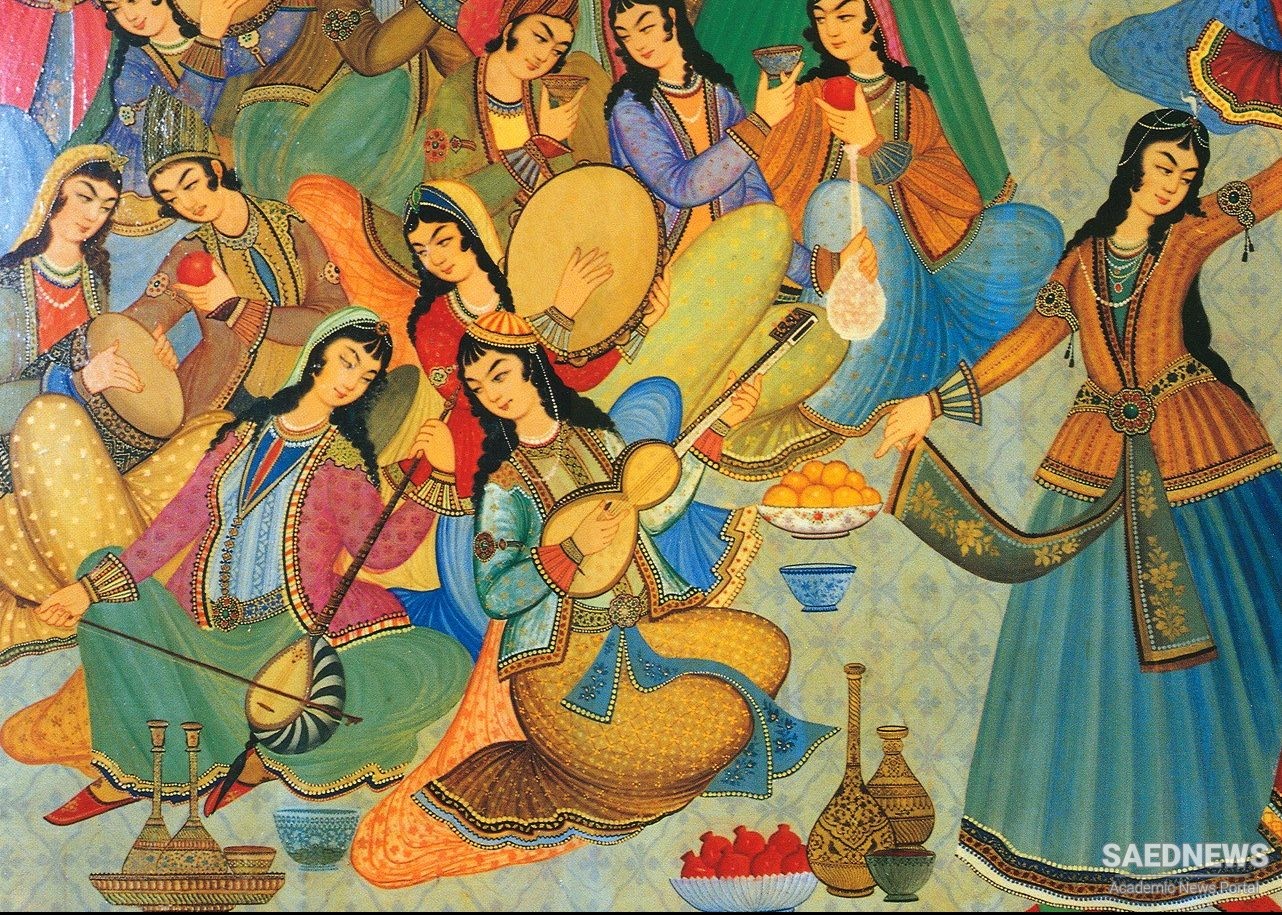encouraging literary development was a matter just as close to the hearts of the Samanids, Buyids, and Ghaznavids as was scholarship. Consequently they patronised a great number of poets, among whom Rūdhagī (d. 940) was pre-eminent. Here we see repeated instances of acts of spontaneous largesse which Oriental princes would always show to their court poets and which the poets came to expect. Of course, there were also instances, as in the case of Maḥmūd of Ghazna, of broken promises or when the sum agreed, as in the case of Firdawsī, turned out not to be economically viable. However, Maḥmūd of Ghazna, as well as his son Masʿūd, was always open-handed towards the poets, and it was generally assumed that not only they knew and appreciated works of poetry but that their contemporaries would share this interest. Minor princes, such as the rulers of Ṭabaristan, and later also the Seljuks, emulated them in this respect, | and many a ruler in those days wrote poetry himself. Besides listening to music, the enjoyment of musical performances, which would occasionally be presented by poets, was an established part of the lifestyle of the educated classes, despite the hostile attitude of some dogmatists. It is sufficient to point out the role played by female singers at the caliph’s court, but also in other centres of social life (Source: Iran in Early Islamic Period).


 Medicine a Cultural Phenomenon in Persia in Islamic Era
Medicine a Cultural Phenomenon in Persia in Islamic Era














































